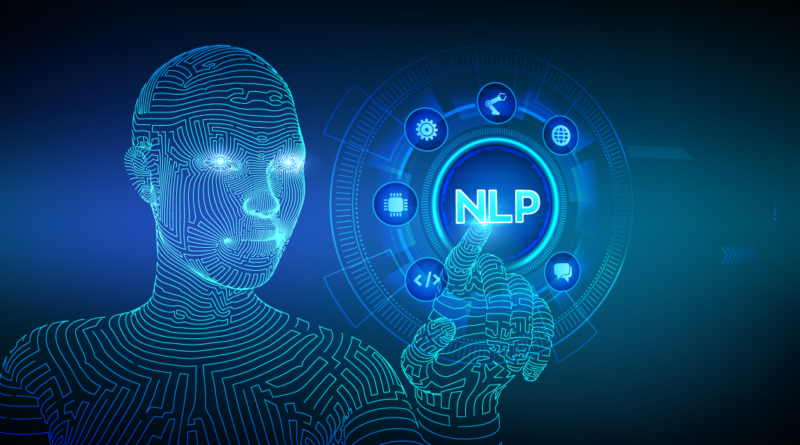NLP PRESUPPOSITIONS
NLP PRESUPPOSITIONS
Shehnaj Parveen Sarma
A key principle NLP is that we respect the other person’s “model of the world”. This means that we respect a person’s right to be different – to have their own beliefs, tastes, interests, values, etc. even if these are quite different to our own.
And what does it mean exactly?
Well, firstly, it presupposes that there is something called ‘respect’. Then it presupposes that the other person has a model of the world, and in saying so, suggests that theirs is probably different than yours, unique to them.
Let’s start with the idea of a model of the world and that everybody has one.
What do we mean?
It’s a way of describing how each of us constructs our own unique brand of reality based upon our interpretation of the information coming in through our 5 senses. As a result of this, there is, of course, no reality so to speak, since everyone operates from his/her own.
If we could boil down the communication benefits of learning and using NLP, it would simply be to respect another person’s model of the world.
As you already know by now, each of us has our own model based on our memories, history, values, beliefs, senses and filters – and all of this gives us our different viewpoints, perspectives, responses and ideas. Wouldn’t the world be a little boring if we all looked at the world in the same way? Maybe that would be good sometimes, but when it comes to advancement, growth and longevity of our race, we need differences.
When you can respect someone elses model of the world, this means just that – respect it. Respect the sameness and respect the difference. It doesn’t mean you have to agree with it, live by it, or even understand it! Just respect it.
In real life, this means being more tolerant, patient, accepting and kind when someone thinks, acts, believes or behaves in a way we personally wouldn’t. We have seen relationships flourish, careers evolve, sales increase, fights stop and love begin after someone learns NLP and really begins to embrace the aspect of respecting someone elses model of the world.
For instance If you are talking to engineers, think like an engineer. If you’re trying to get the finance department to let you buy a new laptop, don’t go on about how technically advanced it is – show them that it will improve your productivity and save them money. If you are coaching someone, don’t demand that they ditch everything they believe before they can start improving their performance.
Most of all, if you are aiming to persuade someone to change their minds, you have to start from where they are. Don’t expect them to jump out of their map and join you in yours.
Why would they? What’s in it for them?
You have to start with seeing the world from the other person’s point of view. In particular, appeal to their values. What you think is important doesn’t matter to them. If they don’t see your message as relevant to what they feel is important, why would they even bother listening?
When people feel their map of the world is under attack, they dig in, harden their attitudes, and resist. This is particularly true if, unlike you, they are not aware of the distinction between map and territory. Of course they are going to shut you out and not listen – to them, you’re talking nonsense and threatening the very existence of their viewpoint. At this point, their primary objective becomes not to change their mind. This doesn’t mean giving up your map and adopting theirs as true – it just means respecting their map and working with it.

Shehnaj Parveen Sarma from Guwahati practicing NLP counsellor and Life Coach and has a Facebook Page called Mind Triggers related to counselling.




